Telling epic stories about sharks
Show notes
Wildlife filmmaker Bertie Gregory has filmed incredible wildlife spectacles all over the world, from a gathering of hundreds of fin whales in Antarctica to African crowned eagles hunting fruit bats. Some of his underwater shoots have included all kinds of shark species, like basking sharks off the west coast of Scotland and tiger sharks in Cocos Islands. At the Wildscreen film festival in Bristol, UK, our host, Isla, sat down with Bertie to chat about his adventures filming wildlife, particularly for his new series, Epic Adventures with Bertie Gregory for Disney Plus. What was it like filming scalloped hammerheads in one of the most remote places on earth? How do you tell stories about the issues facing the natural world while still keeping your audience engaged? And how do you keep your cool when large, skilled predators are taking a curious interest in you and your kit?
We dive straight into the wildlife chat with the story of a curious leopard seal who had likely never seen a human underwater before [4.02]. Like sharks, leopard seals have no way of telling what you are other than to use their mouths or noses to explore – so they have to rely on bites and boops to figure out if you’re a friend, foe or food. Luckily for us, we’re not on the menu! But it requires a little bit of management in the water and ensuring you always know where that curious leopard seal is…
We also chat about Bertie’s most memorable ocean experience, which is pretty epic (excuse the pun) – filming one of the largest fin whale gatherings ever recorded [6.15]. If being in the water with hundreds of one of the earth’s second biggest animals wasn’t enough, there was also a vast diversity of other life – from krill to cod. Epic Adventures shows experiences like these through Bertie’s eyes and allows the viewer to almost imagine themselves there – but how do you keep your cool and remember to film with so much incredible stuff going on around you? For Bertie, it’s a careful balance of expressing excitement and keeping it fun for the audience but also focussing on the task at hand, which requires a tonne of practice and getting used to task loading [10.02]. We also discuss why the series focuses on the team and process involved in wildlife film-making and the insane scenes of nature [18.20]. Bertie explains that his family and friends, who weren’t as into wildlife, loved the behind-the-scenes clips from the likes of Frozen Planet and Seven Worlds, as they showed how the wildlife was filmed but also gave a sense of scale. For example, seeing a person beside a fin whale allows the audience to really get a sense of how huge they are.
Also featured in Epic Adventures are the scientists and local people who contributed their knowledge to the series. We discuss why this was important, especially in highlighting local people who can tell better stories about their own wildlife [22.58]. This also works both ways – scientists and local people can also benefit from the budget and equipment of a shoot, as is showcased in the episode ‘Tracking Ocean Giants’ [24.50].
Of course, we are a shark-focused podcast, so we spend some time talking about another episode in the series ‘Shark Island‘, where Bertie and his team headed to Cocos Islands in search of scalloped hammerheads [25.50]. This place is something out of a movie – it actually inspired the setting of Jurassic Park and used to be popular with pirates [27.59]! Bertie tells us about the challenge of filming hammerheads in harsh conditions [29.31]. Cocos is a tricky place to dive, with powerful currents and remote offshore locations. There are also other shark species to be aware of, like the tiger sharks that hunt near the surface along cliff edges, waiting for frigate and booby chicks to fall into the water. We discuss being aware of the shark’s behaviour and managing your own to mitigate any potential incidents [33.03]. Narratives around sharks in films need to include this nuance; although some sharks can be potentially dangerous to humans, they are not actively seeking out people, and it is often a case of mistaken identity. Bertie believes it is the storyteller’s responsibility to ensure that this nuance comes across.
A large part of ‘Shark Island‘ – and the other episodes in Epic Adventures – are the issues that the featured species are facing. For example, ‘Shark Island‘ discusses the complex problem of overfishing, and Bertie discusses what it was like to experience that in the field [38.20]. However, he firmly believes that while film should make people aware of these issues, it’s essential to show the positives, including the people working to protect the species and the ‘comeback’ nature can make if given a chance [42.00]. He hopes this will help to empower and inspire people to get involved and fight for change to protect wildlife, like sharks.
About our guest
Bertie Gregory
Bertie Gregory is a BAFTA-award-winning wildlife filmmaker, host of Epic Adventures with Bertie Gregory and a National Geographic Explorer. Bertie has produced and hosted six projects for National Geographic, including Wild Life and The Big Freeze, and has worked on several landmark natural history series, including Frozen Planet 2 and Seven Worlds, One Planet.
Epic Adventures with Bertie Gregory is streaming now on Disney Plus: https://www.disneyplus.com/series/epic-adventures-with-bertie-gregory/4As67yVT9IiU
Instagram: @bertiegregory


